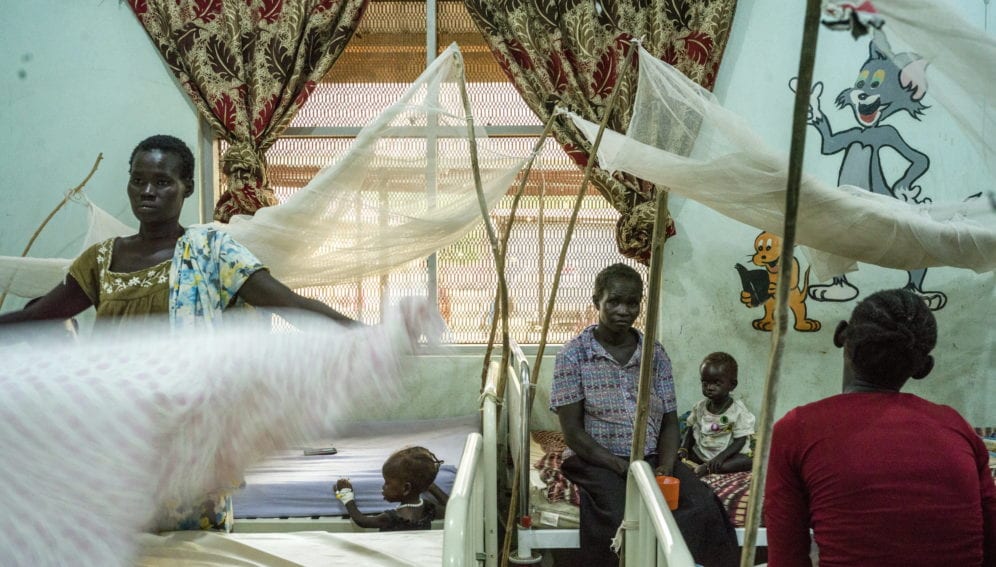By: Paul Adepoju
Send to a friend
The details you provide on this page will not be used to send unsolicited email, and will not be sold to a 3rd party. See privacy policy.
[ACCRA] Despite Ghana having a national policy on infection prevention and control, government hospitals in the country lack personnel and adequate strategies for controlling hospital-acquired infections, a study says.
In developing countries, the proportion of patients who acquire infections after their admissions at hospitals is almost 16 per cent, and thus elimination of such infections is a priority of governments, according to the study published in the January 2019 issue of the Journal of Hospital Infection.
The study of ten randomly selected government hospitals that represented Ghana’s ten administrative regions found the proportion of patients with hospital-acquired infections to range from 3.5 to about 14 per cent, with an overall proportion of about eight per cent.
“Practices such as reducing the number of persons in the operating room … could go a long way in addressing this challenge.”
Christabel Enweronu-Laryea, University of Ghana
“Practices such as reducing the number of persons in the operating room and ensuring that doors are not opened and closed frequently during surgery could go a long way in addressing this challenge,” says Christabel Enweronu-Laryea, a co-author of the study and an associate professor at the Department of Child Health, University of Ghana.
Noah Obeng Nkrumah, a co-author and head of the Department of Medical Laboratory Sciences at the University of Ghana, tells SciDev.Net that the use of an invasive device in addition to long stay in the hospitals are major risk factors.
According to Nkrumah, from September to December 2016, the research team examined medical records of 2,107 patients of any age admitted for more than 24 hours at the hospitals. The researchers also assessed the characteristics of the hospitals including availability of infection prevention and control personnel.
“Only one of the participating hospitals had an infection control nurse, and none of the participating hospitals had an infection control doctor,” the study says. “There were no active surveillance programmes on hospital-acquired infections in any of the participating hospitals.”
According to Nkrumah, the most common hospital-acquired infections included infections of surgical sites, bloodstream and urinary tract.
Nkrumah says it was not surprising that surgical site infections were the most prominent, adding that they could be attributed to inadequate hygienic practices before, during and after surgeries.
“Ghana needs surveillance system to provide estimates of the burden of hospital-acquired infections across acute care patient populations in the country,” he tell SciDev.Net, adding that the surveyed hospitals had 33 per cent of the almost 13,000 total beds for all government hospitals in the country in 2017.
Tola Oladimeji, a senior analyst at Health Strategy and Delivery Foundation, Nigeria, says that the inclusion of hospitals at different levels of care helped generate comprehensive data on hospital-acquired infections in Ghana. If quality improvement strategies for infection prevention and control are widely adopted in Sub-Saharan Africa, cases of hospital-acquired infections will be reduced, she says.
This piece was produced by SciDev.Net’s Sub-Saharan Africa English desk.
References
Appiah-Korang Labi and others Multi-centre point-prevalence survey of hospital-acquired infections in Ghana (Journal of Hospital Infection, January 2019)














